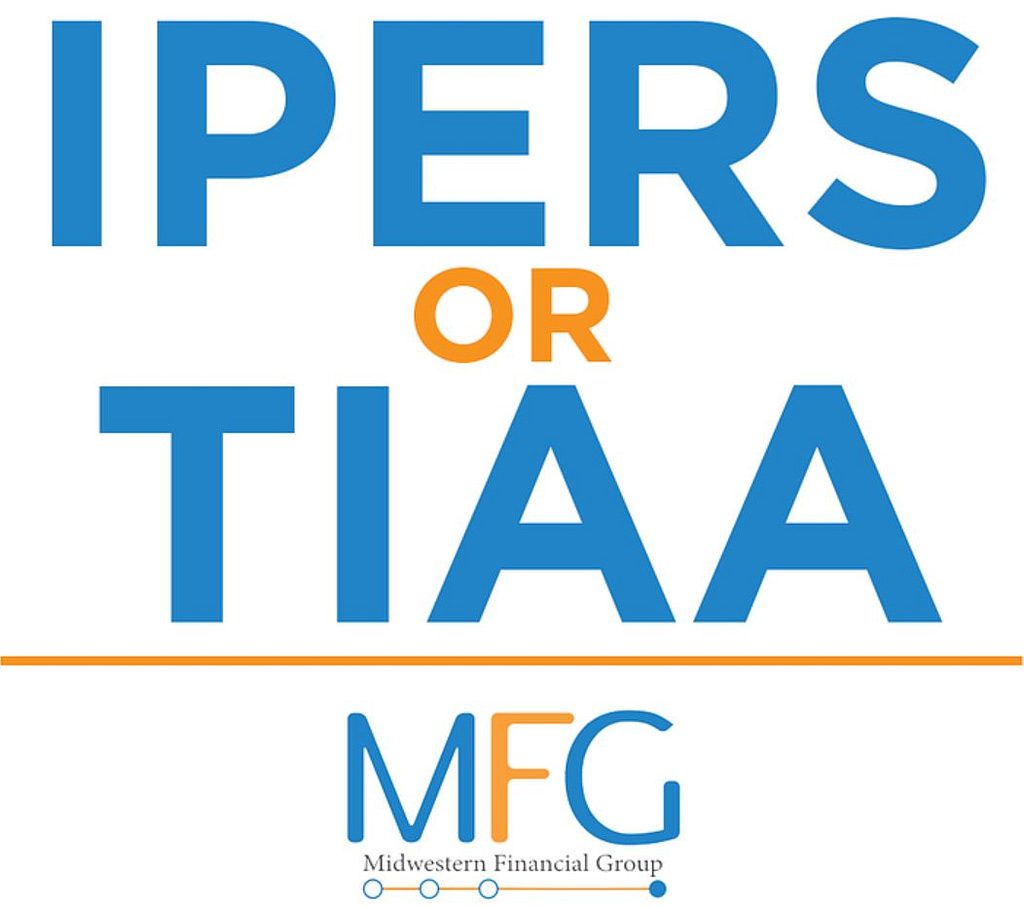
Investors are, at times, permitted to invest after-tax monies with their employer-sponsored Roth 401k option. While the Roth 401k option may exist for some, plans permitting, the decision to defer or take an income tax hit today has an impact on your current and future investment dollars. Before we get into the trenches a bit, the following link will navigate you to a Roth 401k calculator: https://www.calcxml.com/do/ret10. Please utilize this at your discretion. For a complete understanding of how a Roth 401k may or may not be beneficial, we encourage you to discuss with us at MFG.
For starters, let’s briefly review the difference between the traditional 401k and the Roth 401k. With the traditional 401k your contributions are pretax; thus, lowering your current year taxable income. In doing so, you are deferring income taxation on all monies (gains included) until you take the money out of the 401K. Typically, these withdrawals occur during your distribution or retirement years. However, with a Roth 401k you elect to pay income tax in current year contributions. While you do not reduce current year income taxation, your future distributions or withdrawals will be 100% tax free.
Determining whether you should elect to utilize a Roth 401k will largely hinge on your anticipated current and future tax status. That said, other items beyond the scope of taxation, should also be considered. We will highlight these topics below.
SHOULD I USE A ROTH 401K?
Before getting into any mathematical discussion, let’s recognize those who traditionally would benefit from electing to utilize a Roth 401k, should it be available:
- Individuals with a long time-horizon between contributions and distributions who are also likely to be in a higher tax bracket during future working years,
- High-income individuals with no anticipated change in taxation in retirement or distribution years, or
- Individuals with little change in tax status during retirement years and anticipate little need for income resulting from 401k monies. Simply put, this individual is likely to transfer these assets to the next generation.
Let’s use a hypothetical example: an individual, age 50, earning $500,000 per year in taxable income with a desired retirement age of 65. It has been determined this individual would need $225,000 before tax in retirement and would live to 95 years of age. With this in mind, the individual has the opportunity to defer $24,000 (includes his $6,000 catch-up amount) to his Roth 401k.
Is the Roth 401k Sensible? If we were to assume this individual contributed the full amount to his Roth 401k for the 15 remaining years he is working and compare this with fully funding a 401k with pre-tax dollars, we should acknowledge, or create, a side account to accommodate the tax savings for contributions to the tax deductible traditional 401k. With this in mind, it is virtually a mathematical wash. This is due to the assumption the tax savings are invested in another account when this individual utilizes the traditional 401k. This allows for a more apples-to-apples comparison.
Having stated the aforementioned, we caution drawing a conclusion based solely upon current and future tax dollars. A number of external forces remain known and unknown, which could and likely will, impact the final decision to utilize a Roth 401k or not. These external factors include the following:
- Federal tax brackets may change in future years,
- State taxes have an impact and may be reduced if one seeks re-location to a more favorable climate and/or state tax bracket in retirement years,
- Investment options and fees within 401k accounts, and
- Desirability for flexible tax diversification in retirement (use of various tax free and tax deferred accounts)
At MFG we assist our clients in determining which accounts to utilize in order to mitigate unnecessary current and future taxation. Should you find yourself questioning the use of an available Roth 401k option, we welcome the opportunity to assist you in determining which route is most favorable.



